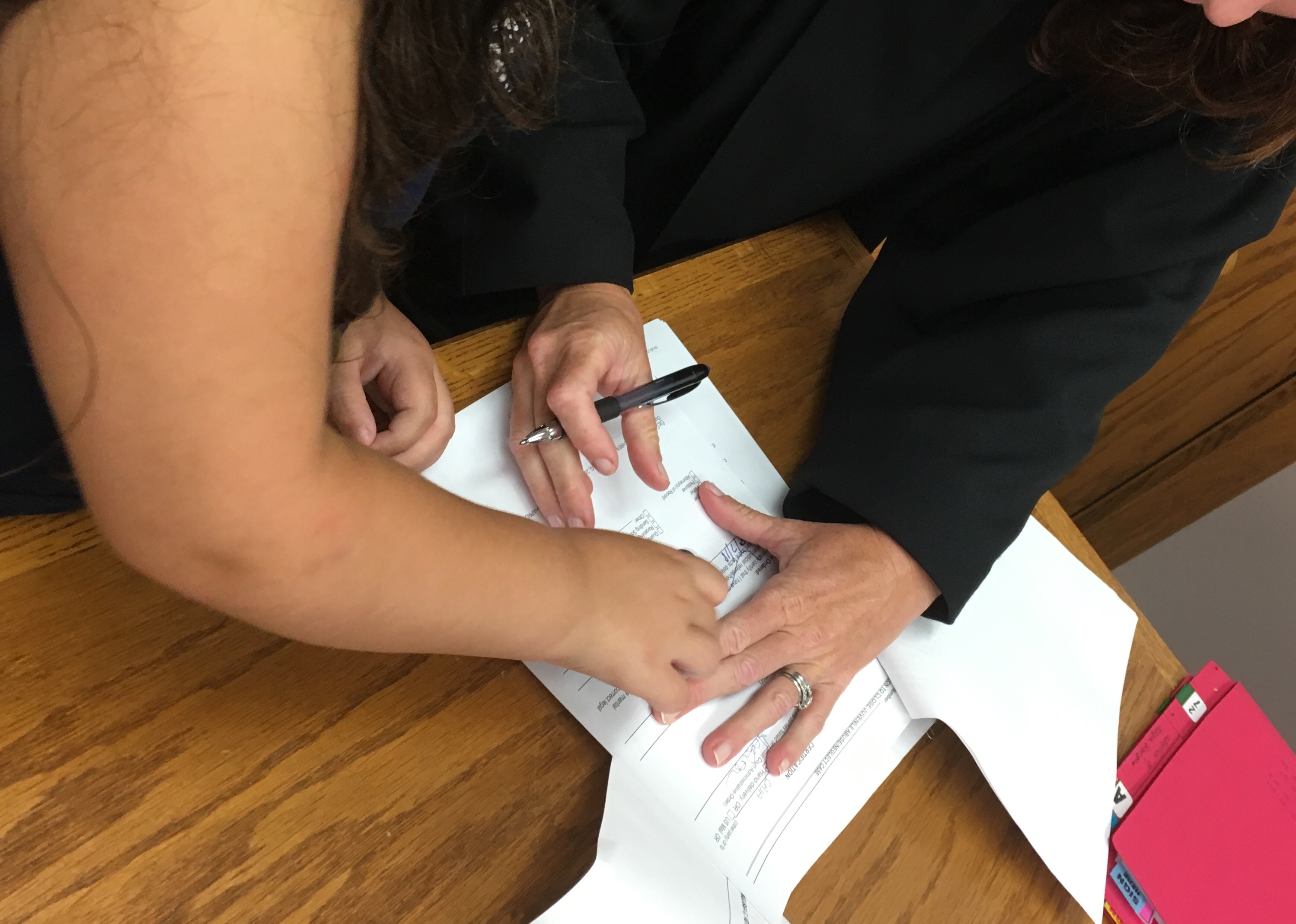Considering becoming a foster parent but don’t know where to start? I got you covered! I break it down into 5 steps so you can better wrap your mind around this life-changing decision. Spoiler alert: it’s worth it!
1. Sign up for FACES
Foster and Adoptive Care Essentials (FACES) training assists in preparing one to be a skilled caregiver and professional team member. Trainings are offered regularly throughout the year, and are totally free. FACES classes promote a better understanding of the foster care system and working with children and their families. Primarily, foster and adoptive parents instruct the modules. The first two weeks are Orientation and Licensing — these are where you can get many of your questions answered. If you decide that foster care isn’t for you, you don’t need to continue the classes, it’s a great place to start!
2. Prepare your heart
Now you are equipped with a little more information, it’s time to start preparing your heart. You are embarking on an adventure that will seriously change your life, and potentially many children’s lives. Do what you need to do! Are you a researcher? Check out some of these statistics. Do you need to talk through it? Ask a friend to get coffee, or maybe someone you know who is doing foster care, to chat more about it. Are you a podcast person? The Real Mom Podcast by Jamie Finn has great episodes on different aspects of foster care.
3. Connect with an agency
A variety of agencies offer licensure for foster care. Licensure requires a home study and a few inspections that they will walk you through. On the state level, Division for Children, Youth, and Families (DCYF) provides licensure. In order to connect with DCYF, you should fill out an inquiry packet. Private agencies can also work with you towards licensure. These agencies offer more support and are engaged specifically for children that need more support. Agencies, like those below, offer a variety of community supports and services, foster care being only one of them. Look for the name “Individual Service Options” or “ISO”. Below is a list with links directly to their ISO or foster care programs:
4. Make sure everyone is on board
Foster care is a whole-family, and community, endeavor. Who in your home needs help understanding? Do you need to explain to your extended family? Which friends will you call when you need help? If you struggle with explaining to your toddler, here’s a great resource. In many ways this can be the most intimidating part of the process. When my husband and I first talked with our parents about becoming a foster family, they didn’t understand. They felt it might be dangerous for our biological children and had a lot of anxiety. It wasn’t until after our first placement that they began understanding the need. Now, I’m happy to say, they fully support as foster parents. 
5. Connect with resources for foster parents
Formal and informal supports for foster parents exist to make this adventure a little more doable. Social media facilitates connection for parents — and I encourage you to use it to reach out. New Hampshire Foster Adoptive Parent Association (NHFAPA) provides support groups in 12 locations around the state, and holds quarterly meetings where all foster and adoptive parents are welcome. These support groups are a great connection for helps like Pass-Along Project, a non-profit run by foster and adoptive mom, Lynette Kaichen, that provides quick delivery of clothing for children coming into care.
Becoming a foster parent in New Hampshire is an incredible opportunity that I encourage you to explore. It’s changed our lives for the better and we aren’t the only ones.










